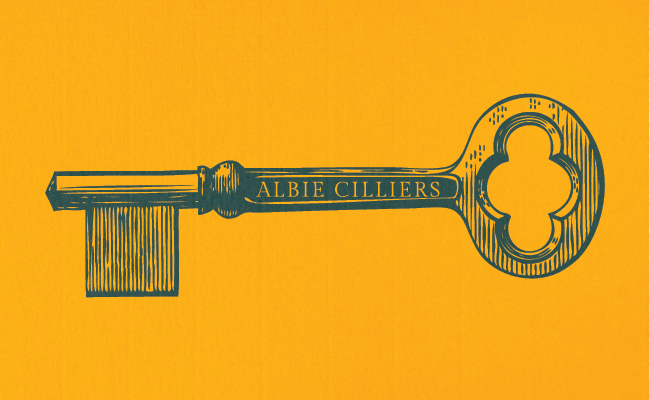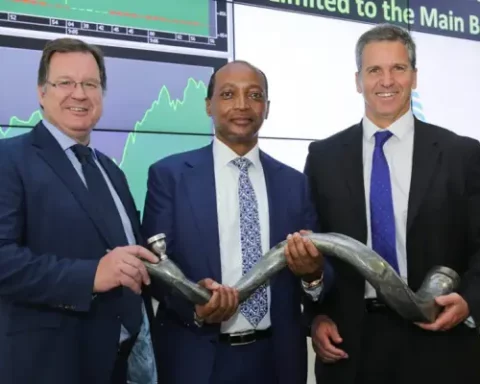A year or so ago, RMB Holdings (RMH) was threatening a Constitutional Court challenge to appraisal rights. Shareholder activist Chris Logan and a number of other RMH shareholders had exercised their appraisal rights after the late 2022 sale by RMH of Atterbury Europe. The sale resulted in a book value loss of more than R500m.
At the time an analyst described the sale as “diabolical” and the loss as unnecessary. The European properties had been performing strongly, but the property market was in a downturn. Worse still, the rushed sale was done when the rand was unusually strong, trading at R15.82/$.
The aggrieved shareholders wanted to be paid a “fair value” for their shares. A value, they believed, that would compensate them for the R500m loss.
But the prospect of a long-drawn-out legal battle against an extremely well-resourced opponent daunted Logan and his fellow activists. A year or so into the legal fracas, they withdrew their challenge.
This time around, as RMH considers the sale of its last remaining large asset – 38.5% of property company Atterbury – it looks as though shareholder activists Albie Cilliers and the Rozendal Worldwide Flexible Prescient Qualified Investor Hedge Fund are leaving nothing to chance. Early on Wednesday morning RMH announced that Breede Coalitions, which is controlled by Cilliers, had increased its stake in RMH to 11.5%. A few hours later came news that Rozendal had upped its holding in RMH to 5.24%.
Fair value for shareholders
In hindsight it looks like an obvious move.
The world and its dog know that RMH is a keen seller of everything it owns. Or, as it prefers to tell shareholders, its strategy since June 2020 has been to monetise its underlying property assets.
The problem is that pressure from hedge fund investors and RMH’s incentive system have resulted in some assets – Atterbury Europe and Divercity, for example – being sold at knock-down prices.
Logan says RMH’s misaligned remuneration scheme means that executives secure attractive incentives even when their monetisation strategy loses money. So, there’s nothing to ensure a value-creating process.
Cilliers evidently thinks this monetisation strategy could be done better. “I think the property assets are valuable, and they can create full value for shareholders,” he tells Currency, hinting at the likelihood that he will use his stake to ensure that any future sales will secure fair value for all shareholders. He says he would have liked to have bought the stake earlier in the “monetisation” process, but couldn’t afford to.
With most of the assets sold and the share price down to 40c, he was able to make a move, before it was too late.
Changing tack
At the recent investor call, RMH CEO Brian Roberts told analysts: “We’ve still got one big asset to sell but in summary it’s been a fairly slow but successful path of monetisation since the announcement of the change in strategy in June 2020.”
That announcement was made shortly after RMH unbundled its 34% stake in FirstRand.
On the face of it, it does look reasonably successful. In December 2020 the company’s market capitalisation was R1.85bn; it is currently R585m. Impressively, RMH has paid out dividends of R3.557bn since December 2020. But Logan says the figures are inappropriately flattering. At the time the share price was at a huge discount and the company was sitting on cash resources. He certainly believes a more judicious monetisation strategy would have generated better returns. He talks of the need for a medium-term, not short-term, perspective.
With a 10%-plus stake there is much Cilliers can do to intervene in the process, including appointing directors to the board and calling for shareholder meetings. He might also be able to hammer the incentive scheme into something more appropriate for value creation.
For Cilliers the investment marks a significant change in his activism. He has previously used appraisal rights, with great effect, to ensure that he was not disadvantaged by poorly priced transactions. While establishment players, such as RMH, have baulked at his tactics, legal academics have welcomed them, arguing that Cilliers’s use of appraisal rights helps to increase the chance that all shareholders are treated more fairly.
This time around Cilliers is in a position to ensure all RMH minority shareholders get “fair” value. Though it might be a longer-term process. Anyone interested in getting some idea of Cilliers’s view of RMH should track down a recording of the recent investor call. It sounds, at times, as though Cilliers is a little more optimistic about RMH’s property assets than RMH executives are.
Of course, Cilliers has different incentives. He will only score if future transactions create value.
An earlier version of this story said the Rozendal Global Fund had upped its holding in RMH to 5.24%. It was, in fact, the Rozendal Worldwide Flexible Prescient Qualified Investor Hedge Fund. We regret the error.
Sign up to Currency’s weekly newsletters to receive your own bulletin of weekday news and weekend treats. Register here.








